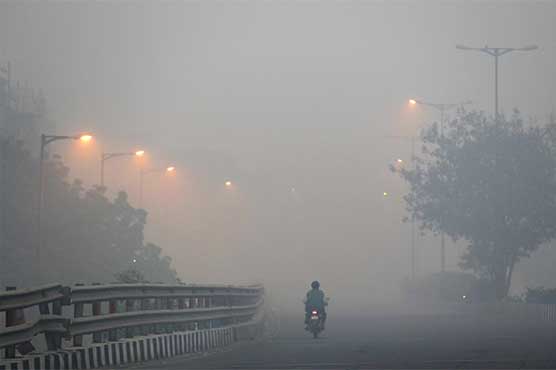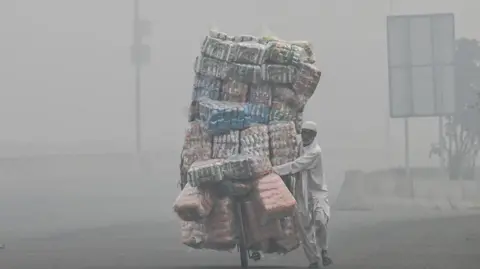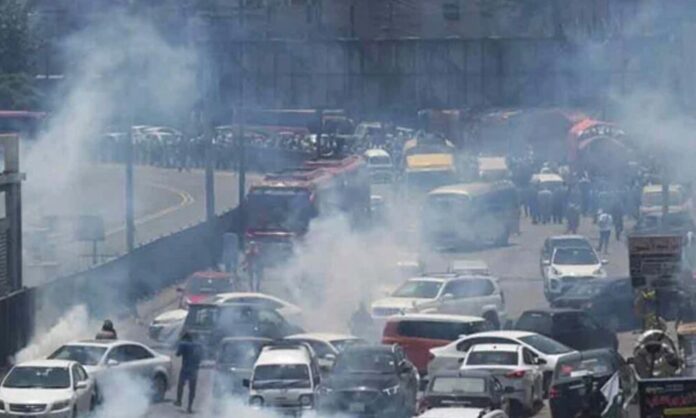School timings are revised once again in Punjab due to Smog’s striking comeback. The Punjab government revised timings across the entire province as smog levels began to decline gradually after being stable for a week. Previously, severe smog had led to the closure of schools and the implementation of other strict measures to ensure public health. These measures included curfew and lockdown procedures to control traffic on the roads. The new and updated schedule aims to provide some relief while maintaining precautions, especially in areas still experiencing hazardous air quality.
Smog and Its Impact on School Operations
The smog crisis in Punjab, especially in Lahore, brought daily life to a standstill. Hazardous air outside has made everyone confined to their homes. They require air purifiers to maintain their health. This has been an extremely difficult time, especially for elders and children. Lahore has been the most polluted city for several weeks now with the Air Quality Index (AQI) readings reaching alarming levels. In some areas like DHA Phase 8, AQI figures soared above 700, well into poisonous territory. This encouraged the government to force a temporary school closure and later introduce revised timings to minimize students’ exposure to toxic air.

Read More: Lahore Smog: New Guidelines Issued for Schools and Restaurants
The revised schedule delays the opening of schools to avoid morning hours when smog concentrations are at their highest. Additionally, other measures, such as green lockdowns, ban on heavy vehicles, and restrictions on construction, were enforced to tackle pollution.
Learning from Delhi’s Air Quality Measures

A very similar situation unfolded in Delhi, India, where smog and poor air quality caused massive disruptions in the daily lives of civilians. Authorities in Delhi implemented various strategies, including odd-even traffic rules, improved monitoring of industrial emissions, and air purifiers in schools, to tackle pollution. The comparative experience from Delhi underscores the need for more proactive and long-term solutions in Punjab.
Moving forward, the updated timings and precautionary measures are steps in the right direction. However, experts warn that more comprehensive actions are needed to address the root causes of smog. These include factors such as crop residue burning, industrial emissions, and vehicular pollution. These factors remain significant contributors to the crisis. Pakistan requires a massive collaborative effort between policymakers, environmental agencies, and the public to create sustainable solutions.
The revised school timings in Punjab show the government’s immense effort to balance public health concerns with educational needs. However, the ongoing smog crisis calls for systemic changes and public cooperation. This is vital to ensure better air quality in the long run. We should learn from Delhi’s valuable and efficient measures to manage such challenges effectively.
Stay tuned to Brandsynario for the latest news and updates.











































